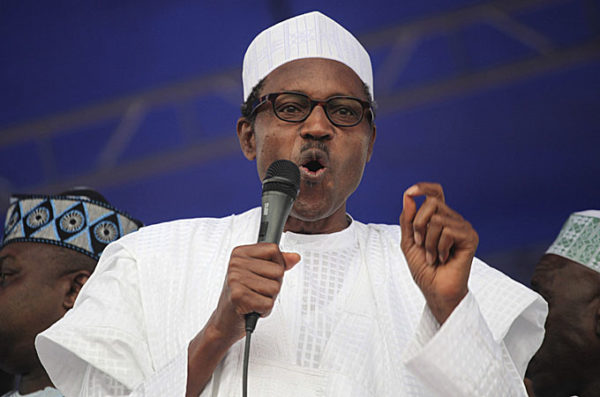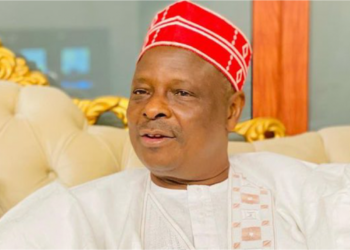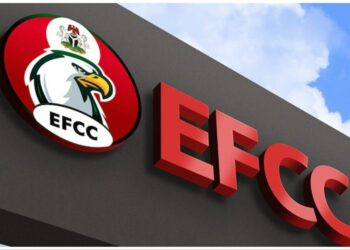 President Muhammadu Buhari on Wednesday said his administration was tackling the challenges of insecurity in the country with superior strategy, firepower and resolve.
President Muhammadu Buhari on Wednesday said his administration was tackling the challenges of insecurity in the country with superior strategy, firepower and resolve.
Buhari made this known in his Democracy Day address to the nation in Abuja, and recalled that when his administration assumed office in May, 2015, insecurity reigned in the country.
He said “Apart from occupying 18 local governments in the North-East, Boko Haram could at will attack any city, including the Federal capital.
“It could threaten any institution, including bombing the United Nations building and Police Headquarters in Abuja.
“Admittedly, some of the challenges still remain in kidnappings and banditry in some rural areas.
“The great difference between 2015 and today is that we are meeting these challenges with much greater support to the security forces in terms of money, equipment and improved local intelligence.
“We are meeting these challenges with superior strategy, firepower and resolve.”
The president also recalled that Nigeria had ensured that there was security and peace in Africa, particularly in countries that experienced strife.
According to him, without Nigeria’s influence and resources, the liberation of Angola, Mozambique, Namibia, Zimbabwe and ultimately South Africa would have come at greater cost.
“This fact had been attested by none other than the late Nelson Mandela himself,” he said, adding that Nigeria was “Big Brother” to its neighbours.
“We are the shock-absorber of the West African sub-region, the bulwark of ECOWAS and Lake Chad Basin Commission.
“We can, therefore, be proud to be Nigerians. We must continue to be good neighbours and good global citizens.
“At home, we have been successful in forging a nation from different ethnicities and language groups; our evolution and integration into one nation continue apace.
“When, therefore we came to office in 2015 after a decade of struggle, we identified three cardinal and existential challenges our country faced and made them our campaign focus, namely, security, economy and corruption.
“None but the most partisan will dispute that in the last four years, we have made solid progress in addressing these challenges,” the president said.
Buhari signed June 12 into law on Monday as Democracy Day in honour of late Chief MKO Abiola, the acclaimed winner of June 12, 1993 Presidential Election.
The election was, however, annulled by the then military government head by General Ibrahim Babangida.
The action provoked unrest and struggle for the realization of the mandate, and Abiola, who was later detained in the process, died in July, 1998 while still in Federal Government’s custody.










